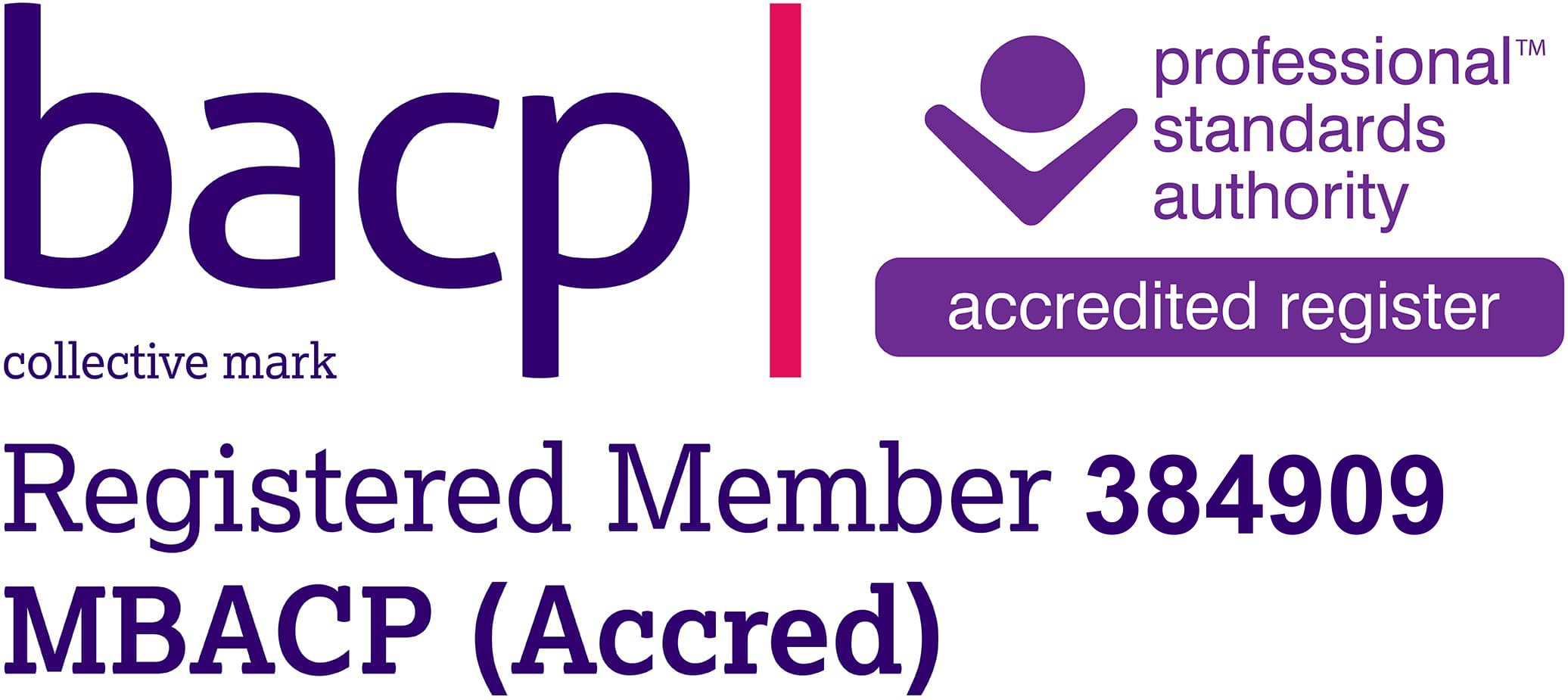Finding Your Way Through Change: How Therapy Supports Life Transitions
Life is full of turning points. Some are expected — changing careers, children growing up, reaching your 40s or 50s — while others arrive without warning. Whether you're navigating a midlife transition, questioning your identity, or feeling adrift during a major life shift, it’s natural to wonder: Who am I now? And just as importantly: What happens next?
These are the kinds of questions that counselling can help explore. Therapy offers compassionate, non-judgemental support during life transitions — creating space to reflect, process, and move forward with clarity.

More Than a Crisis: Understanding Periods of Transition
Terms like midlife crisis or identity crisis are often thrown around, sometimes as jokes. But behind them lies something very real — times when the version of life you’ve been living no longer feels like it fits.
You might find yourself:
- Feeling distant from your career, relationship, or passions
- Questioning your beliefs, identity, or purpose
- Experiencing low mood, anxiety, or restlessness without a clear reason
- Sensing that something needs to shift, even if you’re unsure what
These changes can be prompted by external events like redundancy, divorce, bereavement, or children becoming more independent. Others are more internal — connected to ageing, sexuality, burnout, or spiritual growth. And sometimes, it’s a combination of both.
Even positive changes can feel destabilising. When there’s social pressure to have everything “sorted” by a certain age, it can be hard to admit we feel lost or unsure.
How Therapy Helps During Life Transitions
Talking to a counsellor during times of change can be transformative. Therapy for life transitions provides a confidential space to explore your inner world — with the support of someone trained to listen without judgement, give you time, and focus wholly on you.
Unlike friends or online advice, counselling isn’t about offering quick fixes. It’s about meeting you where you are, helping you make sense of what you're feeling, and supporting your own way forward.
Here’s how therapy can help:
1. Clarify What’s Going On
Big transitions often come with mental fog or confusion. Counselling can help you untangle your thoughts, make sense of your emotions, and begin to understand how present struggles might link to past patterns or unmet needs.
2. Process the Emotional Impact
Change — even when chosen — can stir up complex emotions: sadness, anger, fear, relief, guilt. If you’re someone who tends to keep a brave face, therapy can offer a much-needed space to drop the mask and be real.
3. Reconnect With Who You Are
Periods of transition can prompt deep identity questions: Who am I without this role, job, or relationship? A counsellor can help you explore your values, rediscover what matters to you, and begin shaping a life that feels more authentic and meaningful.
4. Build Resilience and Self-Compassion
With support, therapy can help you develop tools to cope with uncertainty, manage difficult emotions, and approach yourself with kindness. Shifting from harsh self-criticism to greater self-understanding can open the door to real change.
Thinking About Counselling? It’s Okay to Feel Unsure
It’s common to feel hesitant about therapy — especially if you’ve never tried it before. You might be wondering:
- Is what I’m going through “serious enough” for therapy?
- What if I don’t know where to start or what to say?
- Do I really deserve support when others seem to have it worse?
- Will talking actually help me feel better?
These doubts are completely normal. A good therapist will welcome your uncertainty and create space for it. You don’t need to be in crisis or have a diagnosis to benefit from counselling. If you’re feeling lost, overwhelmed, or in the middle of change — that’s reason enough.
Therapy isn’t about being fixed. It’s about being accompanied. Seen. Heard. Especially when you’re not quite sure who you are becoming yet.
You Don’t Have to Figure It Out Alone
If you're going through a time of change — whether it's sudden, gradual, or hard to name — you don’t have to navigate it by yourself. Therapy offers a space to slow down, turn inward, and gently explore where you are and where you want to go.
You don’t need to have all the answers. You don’t even need to know the questions yet.
All you need is the willingness to begin.








